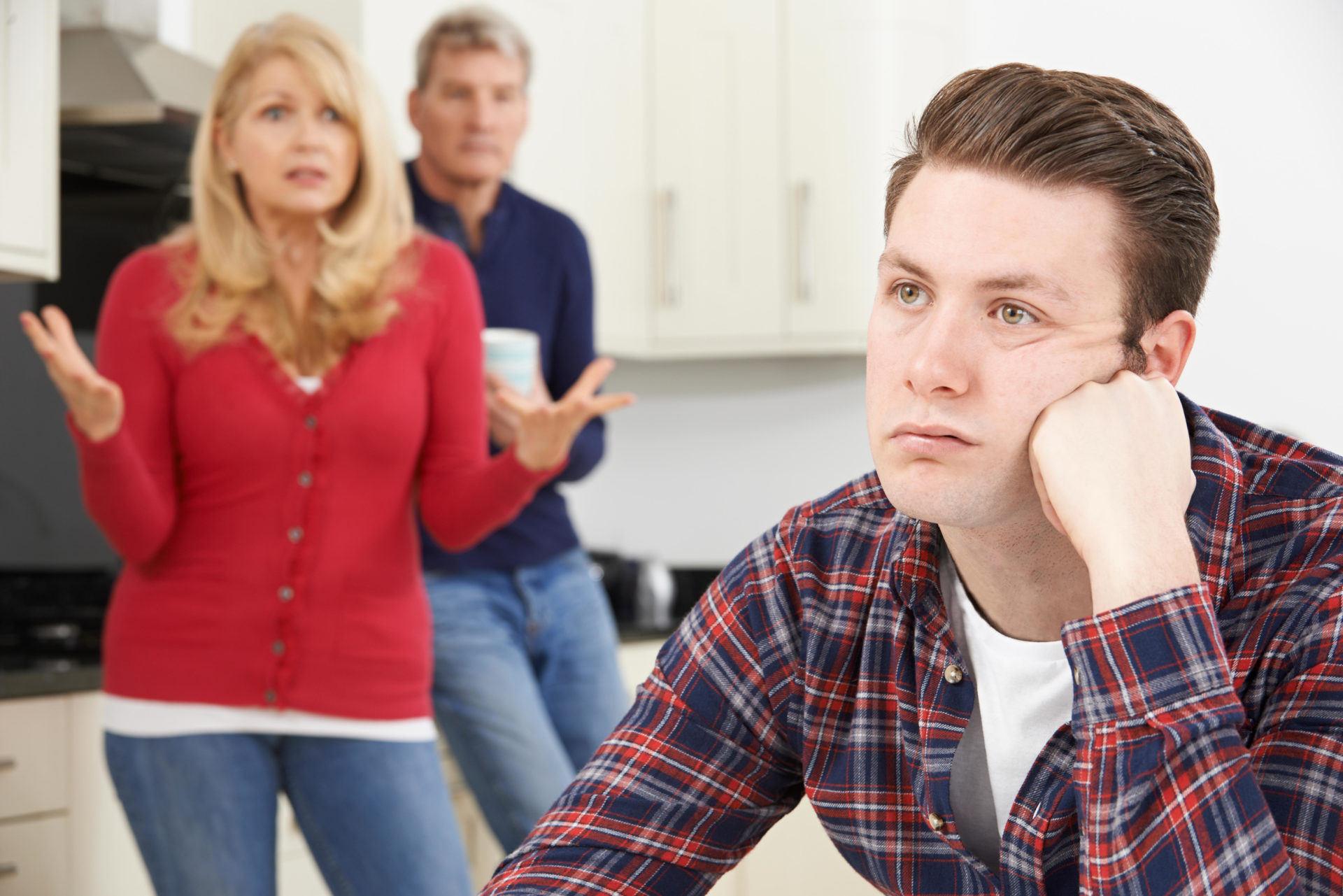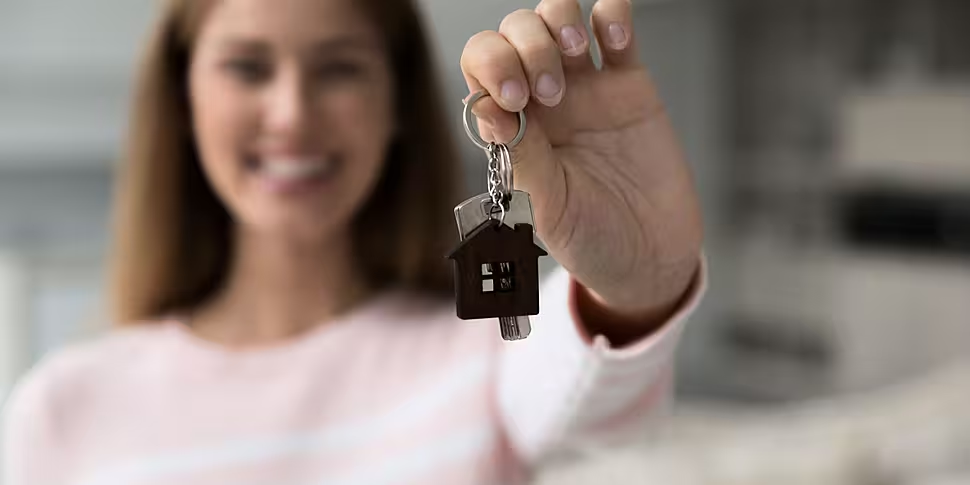With the housing crisis keeping a generation of young adults in their childhood homes, does it also keep them in adolescence?
More adults are stuck living at home with their parents than ever before.
Senior clinical psychologist Dr Anne Kehoe told Newstalk Breakfast “families can work through” adult children living at home but people can “also end up kind of reverting”.
“You can end up reverting if you think about the independence that comes with moving out of home, having to handle your bills, having to buy your food, having to do everything, and when you don't get to do that, yet you're in your maybe late 20s, early 30s, you can feel held back,” she said.
“You can feel maybe caught in a dynamic between you and your parents where, maybe, I don't know, your mom makes you dinner every day, or you wait for lifts because it's actually easier - that kind of very simple [thing].”
"Inadvisable things"
Even with the lack of responsibilities there are still further issues, Dr Kehoe said.
“One side of the coin that that maybe you have a lack of responsibility that previous generations might have had… but there are other things too, in terms of, you know, your parents telling you what to do and still acting like you're a kid when you're not a kid,” she said.
“Your parents have grown up, probably for 15 or 20 years, telling you what to do – it’s not really possible to turn that off entirely.
“Sometimes they're totally right and very wise, but they did grow up in different times.
“People need to make mistakes too, they need to maybe date the wrong person, you know, not have a dinner, or do inadvisable things.”
 Image shows: Mature Parents Frustrated With Adult Son Living At Home. Image: Alamy Stock Photo
Image shows: Mature Parents Frustrated With Adult Son Living At Home. Image: Alamy Stock PhotoDr Kehoe said it is hard to make your own mistakes when living with your parents – and this can be damaging to a person’s self-esteem.
“It's not great for people's self-esteem, or their sense of confidence, or their sense of like ‘I'm a functioning adult’ - and parents do try their best,” she said.
“Parents are often holding their tongue and not trying to interfere, but they are your parents, and a kind of a dance exists between parents and kids who live together when they're listening.”
"Changes the dynamic"
Adults living at home can damage the relationship between parents and children, Dr Kehoe said.
“It does change the dynamic when you want your kids to function as adults and independently, and if you're sort of not really helping them do that, it can be problematic,” she said.
“If they're blocked from having, say, I don't know, a relationship where they want to bring someone home or they're sneaking someone home - it's just messy, so it does harm the relationship.”
Communication
It can be hard for young adults to communicate in the same way teenagers living at home would, Dr Kehoe said.
“Teenagers are very good at communication - they'll tell you loud and clear what they do and don't like - but young adults are more subtle about it, they're not as in your face,” she said.
“Resentments build, and parents are trying to accommodate kids.
“They're trying to say ‘It's okay if you make a mess here, I'll help you,’ because they're under pressure.
“But then we get caught out where something is driving a parent crazy, and they don't say it for a long time - then there's a blow up, it all comes out, and people's feelings are so hurt.”
Dr Kehoe agreed that the housing crisis has exacerbated the situation.
Listen back here:
Main image: Happy house buyer holding keys at camera. Image: Alamy Stock Photo









